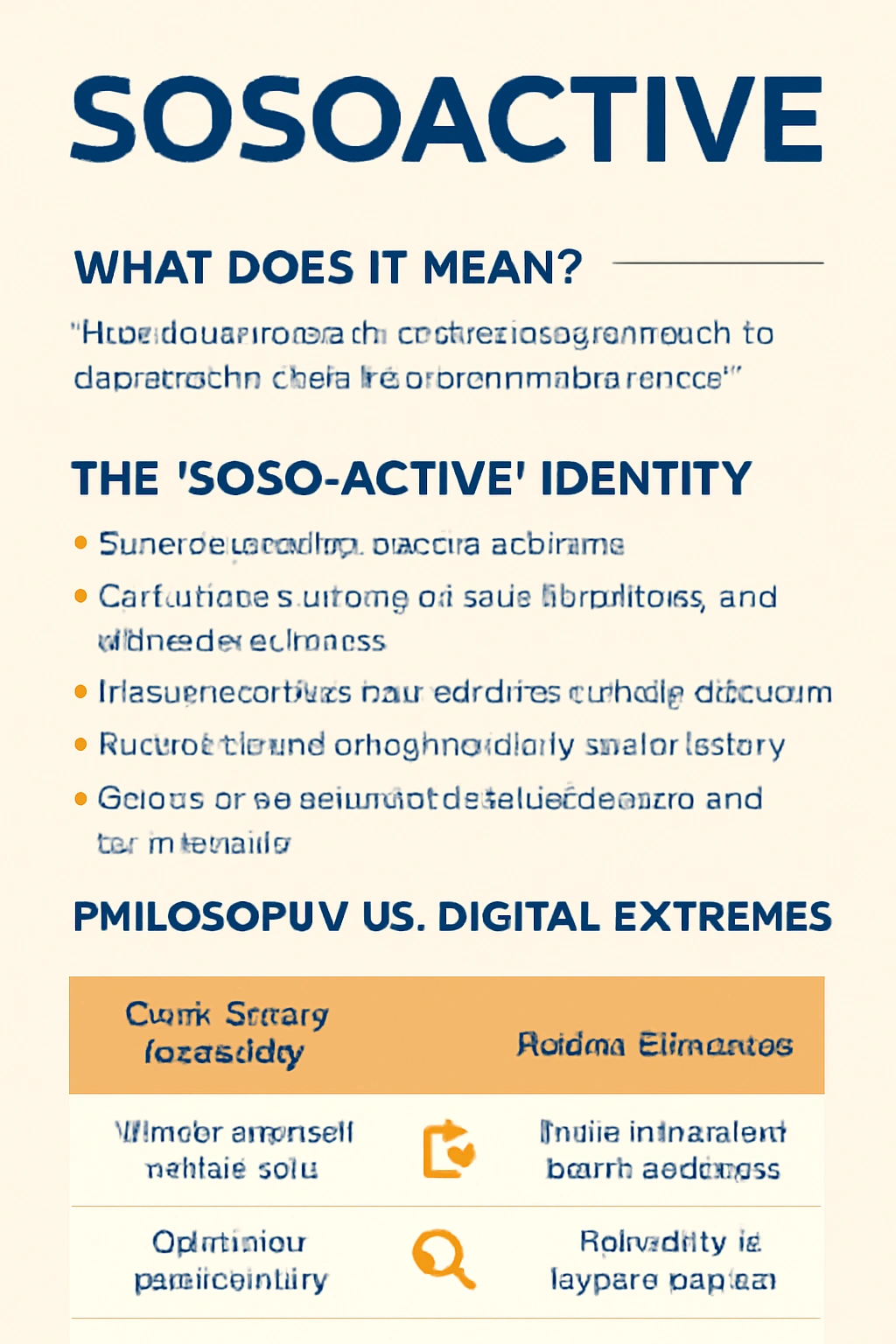Is it a myth that a life insurance policy would be considered a wagering contract without valid documentation, perhaps? It actually is, as every legal issue cannot help salvage any damage, should there be any. Tag along to understand more.

But then is it possible that a life insurance policy would be considered a wagering contract without even a seal? Yes, this becomes a gambling contract in the absence of an “insurable interest” in the life of the individual.
That is, the individual purchasing the policy has no valid interest in the well-being or continuance of the life of the insured and thus no economic interest in the outcome of the policy.
What does this Mean?
A person has an insurable interest in the life of another if they would be monetarily disadvantaged or benefited by the death of the individual.
This would typically include immediate family members, business partners, or a person having a significant financial interest in the life of the insured.
A wagering contract, or “wager policy,” is a life insurance policy in which the purchaser has no legitimate reason to desire the death or disability of the insured. The policy is merely a bet on the death or health of the insured, and the benefit is the sole benefit.
Wagering contracts are prohibited under most legal systems, as they tend to encourage fraud and may even create an incentive for harm to the insured. The doctrine of insurable interest is meant to prevent such outcomes.
Does a Life Insurance Policy have Anything Link with a Wagering Contract?

Purchasing a policy on the life of a stranger with whom there is no relation: This would be an obvious case of a wager policy, since the purchaser has no legitimate reason for wishing the death of the insured.
Assigning a policy to an individual who does not have insurable interest: Where a policy is initially taken in good faith but later on assigned to an individual who does not have any legitimate interest in the insured, it could be a wager contract.
A contract of life insurance is considered a wagering contract in the absence of insurable interest, and the policyholder must therefore have an insurable interest in the property or life of the insured.
Can I Buy a Life Insurance Policy on a Relative?
Yes. You can actually take out life insurance on a number of different people, but you have to meet some requirements. And you can’t buy life insurance on just anybody.
The owner of a life insurance policy, or the policyholder, is the individual who maintains authority over the policy and makes all of the decisions concerning the policy throughout the lifetime of the insured. This includes beneficiary designation changes, policy changes, and exercising any rights under the policy.
Who Owns a Life Insurance Policy?

The person who owns the policy and all of its accompanying rights. This can be the insured person himself or someone else who purchased the policy on his behalf.
The person whose life is covered by the policy. The insured person can be the policyowner but does not have to be. The person or organization that will receive the death benefit upon the death of the insured person.
You can actually get life insurance on a number of people, but you have to meet some requirements. And you can’t buy life insurance on just anyone.
What is Wagering?
This means the staking or risking by any person of something of value upon the outcome of a contest of others, a sporting event.
It can be even a game of chance, upon an agreement or understanding that the person or another person shall receive something of value in the event of a particular result.
An agreement between two parties where the money is to be paid by one party to the other party on the happening of uncertain events and by the other party to the first party when the event does not happen.
What is the Minimum Wagering Requirement?

Wagering requirements are the amount of money you have to bet before you’re allowed to withdraw winnings from a bonus. It’s a playthrough policy the casino enforces.
So, for example, if you get an R1 000 bonus with a 10x wagering requirement, you’ll need to make bets of R10 000 before you’re able to withdraw your bonus winnings.
For example, let us say you get a cash casino bonus with a 30X wagering requirement. You would have to wager your bonus thirty times before you can cash it out along with the winnings you gain from it.
Bottom Line
Yes, you can transfer a life insurance policy to someone else. It is done through a process called “assignment,,” whereby the original owner (policyholder) transfers the rights of ownership to a new owner.
There are two broad ways of transferring ownership: absolutely, whereby the new owner will take complete control, or by using a collateral assignment, whereby you use the policy as collateral for a loan.
It is a permanent and irrevocable transfer of ownership. The initial owner relinquishes all rights, and the new owner takes over, including the right to change beneficiaries and make policy amendments.
This option allows you to use your life insurance policy as collateral for a loan. When you die before the loan is repaid, the lender gets the death benefit to pay off your debt.
You can also transfer ownership of your policy to an ILIT, which can help with estate tax planning. To assign ownership, you typically fill out an assignment or transfer form from your insurer.
Keep in mind that once you assign the policy, you relinquish control over it, including the ability to add beneficiaries or raise coverage.







